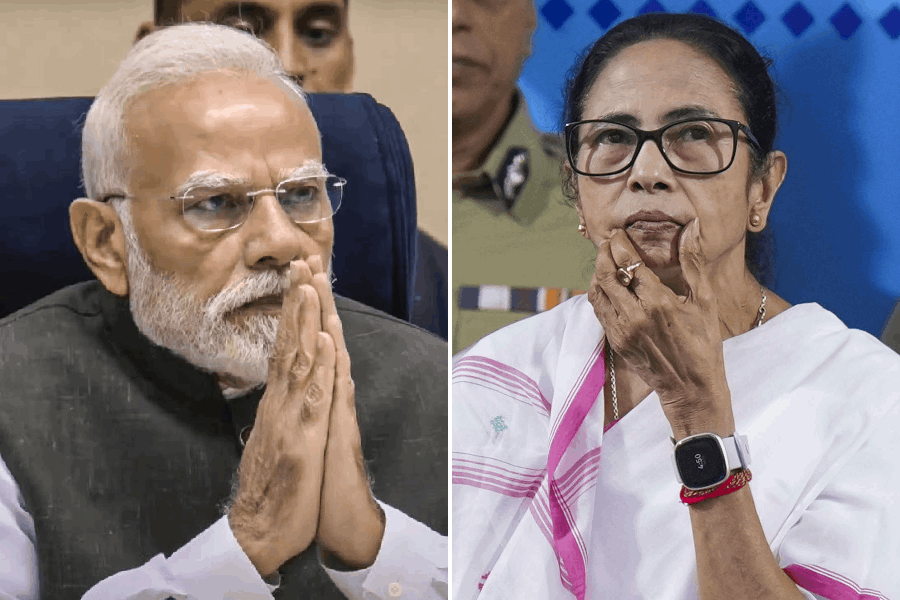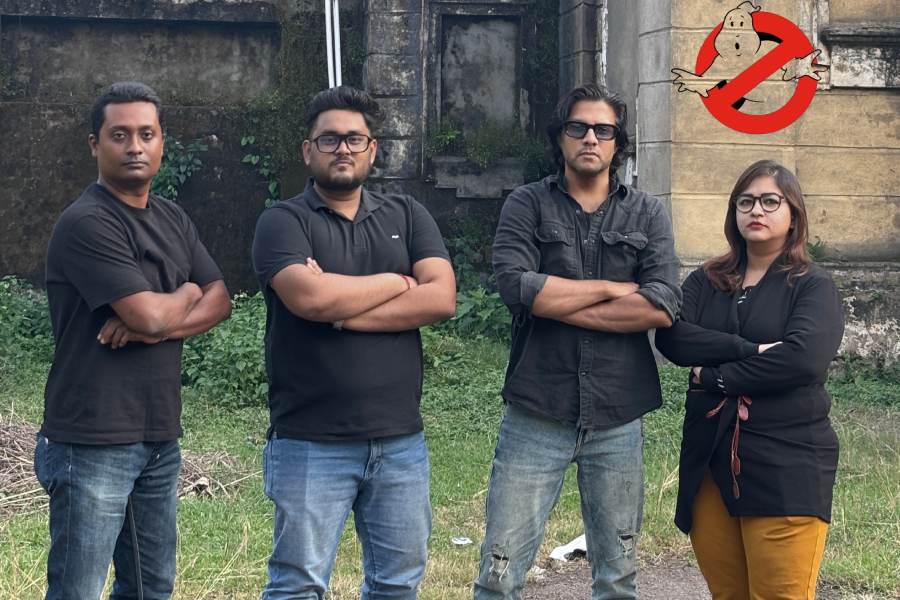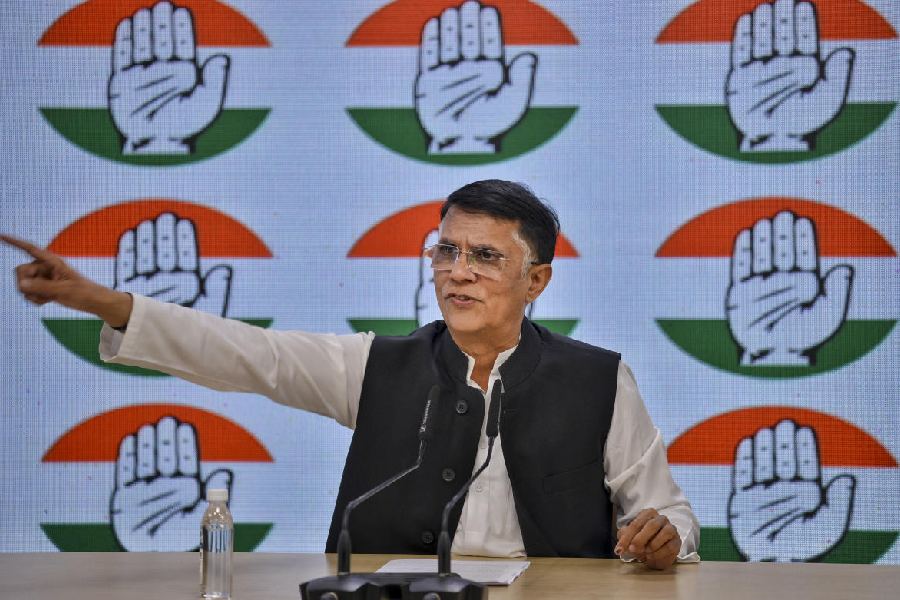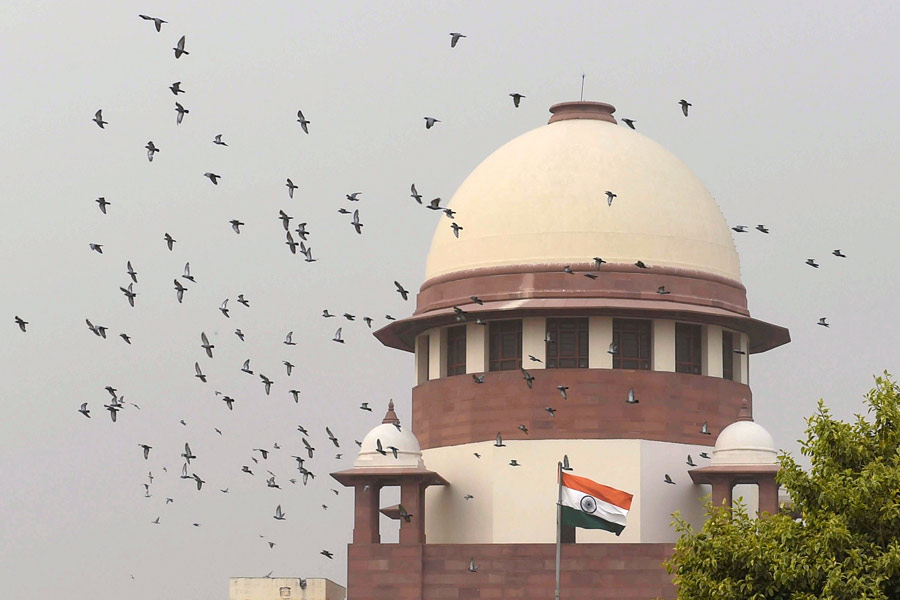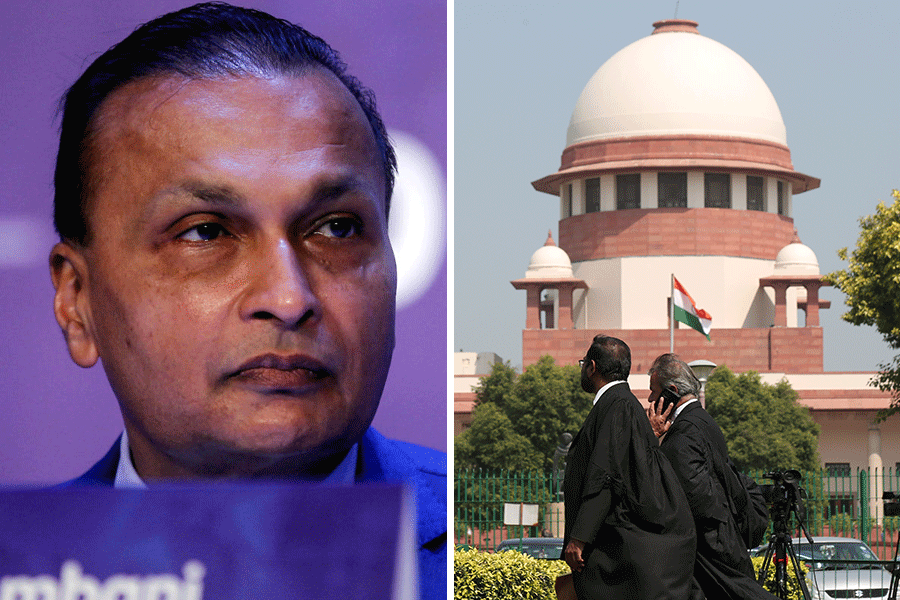The Supreme Court on Wednesday decided to lay down pan-India guidelines for trial courts to mandatorily frame charges within a stipulated time to prevent undue harassment and incarceration of the accused persons.
A bench of Justices Aravind Kumar and N.V. Anjaria sought the assistance of attorney-general R. Venkataramani in laying down the guidelines and appointed criminal lawyer Siddharth Luthra as amicus curiae.
“We have noticed, time and again, the charges are not being framed even months and years after the filing of the chargesheet. This is one of the primary reasons for the
trial getting delayed,” the top court said.
“Unless and until the charges are framed in a criminal case, the trial cannot commence. As such, this situation seems to be prevalent in most of the courts and we are of the considered opinion that certain directions need to be issued pan-India in this regard,” it added.
“The moment the chargesheet is filed, charges need to be framed…. Pan-India guidelines will have to be formed in this regard,” Justice Aravind Kumar, heading the bench, observed while dealing with the bail application of Aman Kumar in a
criminal case.
Framing of charge involves the court recording the sections under which the accused has to be prosecuted after formally examining the FIR, chargesheet, the accused person or his lawyer.
In the present case, Kumar’s counsel complained that the accused had been in jail for over 11 months because of a delay in the framing of charges by the court.
The bench noted that it was a common trend in all courts across the country.
The court pointed out that under Section 251(B) of the Bharatiya Nagarik Suraksha Sanhita (BNSS), it is mandatory for the court to frame the charges within 60 days from the filing of the chargesheet.


